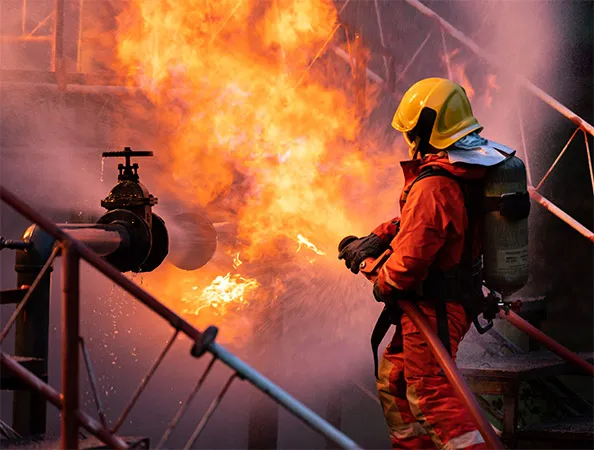Firefighter hiring interviews are a critical part of the selection process for individuals aiming to join a fire department. These interviews are designed to assess not only the technical skills and knowledge of a candidate but also their ability to work under pressure, handle emergency situations, and fit into a team-oriented environment. Understanding what to expect and how to prepare for these interviews can greatly increase your chances of success.

First, it's essential to recognize that firefighter hiring interviews often have a structured format. Candidates will typically be asked a variety of questions, ranging from technical queries about firefighting equipment, safety procedures, and emergency response tactics, how become firefighter to behavioral questions that assess a candidate's interpersonal skills, problem-solving abilities, and decision-making under stress. The interviewers—often a panel of fire chiefs, senior officers, and HR representatives—will be looking for responses that demonstrate both knowledge and the ability to stay calm and focused in challenging situations.
One of the key areas of focus in these interviews is the ability to communicate effectively. Firefighters must often relay crucial information in high-pressure situations, both to their team members and the public. Therefore, interviewers may ask about past experiences in which the candidate had to communicate clearly and efficiently during a crisis. It's helpful to prepare by thinking about situations in your previous jobs or life experiences where you were required to manage stress and communicate under pressure.
Another important aspect of firefighter hiring interviews is teamwork. Firefighting is inherently a team-based profession, and being a strong team player is crucial. Interviewers will often inquire about how candidates work with others, resolve conflicts, and contribute to group efforts. Examples of how you've collaborated in previous jobs or volunteer roles can be useful to highlight. Whether in a volunteer fire department, as part of a sports team, or in a community service role, showing that you can work well with others will be a key point in the interview.
Candidates should also be ready for situational questions, where interviewers pose hypothetical scenarios and ask how they would react. For example, “What would you do if you arrived at a scene and saw a fellow firefighter in danger?” These questions are designed to evaluate how you handle stress, make decisions on the fly, and prioritize actions in a crisis. Interviewers want to see that you can think critically and act swiftly while keeping safety as your top priority.
Physical fitness is another essential component of a firefighter's role, so it's not uncommon for interviews to be followed by a physical agility test or a fitness assessment. This test is designed to assess your strength, endurance, and overall fitness, ensuring that candidates can handle the demanding physical requirements of the job. Be sure to prepare for these tests by engaging in physical training that mimics the tasks you'll face on the job.
Finally, it's important to demonstrate a strong sense of commitment to the profession and the community. Firefighters often work long hours and risk their lives to protect others. Interviewers may ask why you want to become a firefighter and what motivates you to take on this responsibility. Showing that you have a genuine passion for helping others and serving your community will go a long way in making a positive impression.
In summary, firefighter hiring interviews are designed to assess a candidate's technical skills, ability to work in high-pressure situations, teamwork, communication, physical fitness, and commitment to the job. By preparing for a range of questions, being ready to provide examples from past experiences, and demonstrating a strong sense of dedication to the role, you can improve your chances of success and take an important step toward joining this vital profession.





